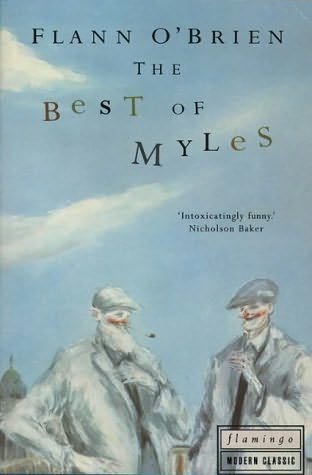 The Bookseller, chief organ of the book trade in the UK, has launched a campaign to support libraries in their struggle to survive the current round of budgetary cutbacks.
The Bookseller, chief organ of the book trade in the UK, has launched a campaign to support libraries in their struggle to survive the current round of budgetary cutbacks.As they explain on the Facebook page for this campaign:
We are fighting for public libraries because they form an essential seed-bed for the wider reading culture of the nation, a culture from which the whole of society benefits.
Libraries seed communities with books and ideas in a way which is irreplaceable. They provide books to people who wouldn’t otherwise see or afford them, the youngest in society, the oldest, and people on low incomes. They also provide free internet access to the 27% of the population who still aren’t online at home.
Libraries are also a forum where authors and readers can come together in a neutral, unbiased space - free from commercial pressures.
Most importantly they are curated by professional librarians who provide expert guidance for readers, helping people find the books and information they need, again free from commercial considerations.
Readers, reading and the values imparted are essential to any civilised society – indeed it seems impossible to conceive a civilisation without libraries.
Many high profile authors have raised a similar clamour recently, including Philip Pullman, and it will be interesting to observe what results their efforts produce.
David









